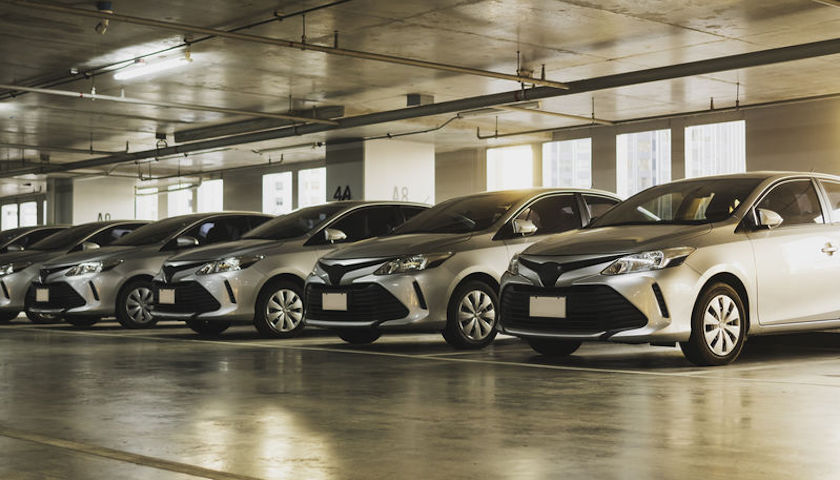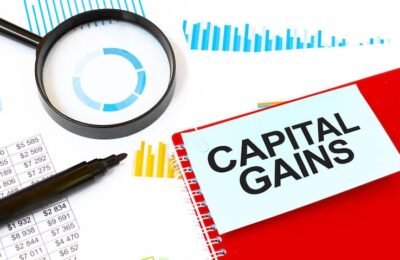If you have employees who use a company car, you’ll need to be aware that HMRC has just published its new advisory fuel rates (AFRs). They came into effect on 1st September 2023 and will next be updated on 1st December.
Advisory fuel rates are used in two ways. You can use them to reimburse employees for business travel in their company cars. Employees can also use them to repay you the cost of fuel used for private travel.
Why use advisory fuel rates?
If you pay employees using the relevant advisory fuel rate (or lower), then there’s no taxable profit or Class 1A National Insurance to pay. If you pay a higher rate and you can’t prove that the fuel cost per mile is higher, there’s no fuel benefit charge as long as the mileage payments are only for business journeys. However, you need to treat the excess payment as taxable profit and as earnings (for National Insurance purposes). Likewise, employees don’t have to pay a fuel benefit charge as long as they correctly account for all private travel mileage and repay the fuel used.
How advisory fuel rates are calculated
Advisory fuel rates are recalculated every quarter (on the first day of March, June, September and December).
HMRC uses data from a number of different sources to calculate MPG or, in the case of electric cars, pence per KWh. These sources include manufacturers’ information, the latest petrol and diesel prices and electrical price data. The calculated rates per mile are either rounded down or rounded up to the nearest penny.
What are the current rates?
Below are the current advisory fuel rates per mile, which apply from 1st September to 31st November 2023. We’ve also included the previous rates in brackets for comparison. As you can see, the falling cost of fuel is helping to lower the AFR for petrol, diesel and LPG vehicles, while higher electricity costs have nudged up the AFR for fully electric cars.
| Engine size | Petrol | LPG |
| 1400cc or under | 13p (13p) | 10p (10p) |
| 1401cc to 2000cc | 16p (15p) | 12p (12p) |
| 2000cc + | 25p (23p) | 19p (18p) |
| Engine size | Diesel | |
| 1600cc or under | 12p (12p) | |
| 1601cc to 2000cc | 14p (14p) | |
| 2000cc + | 19p (18p) |
The advisory fuel rate for fully electric cars is now 10p per mile.
What about hybrid company cars?
If you have hybrid vehicles, these are treated as petrol or diesel cars for advisory fuel rates. You should not use the electric AFR.
A word about electric vehicles
If you are thinking of switching your fleet to electric vehicles, talk to us about the tax implications: we can advise you on ways to save money. For example, we can not only talk you through the tax benefits of leasing electric cars, but we can also show you how to offset the full cost of a new vehicle. To find out more, simply fill out the contact form below or give us a call on 0800 6520 025.
About Jon Pryse-Jones
Since joining THP in 1978, Jon Pryse-Jones has been hands on with every area of the business. Now specialising in strategy, business planning, and marketing, Jon remains at the forefront of the growth and development at THP.
An ideas man, Jon enjoys getting the most out of all situations, “I act as a catalyst for creative people and encourage them to think outside the box,” he says, “and I’m not afraid of being confrontational. It often leads to a better result for THP and its clients.”
Jon’s appreciation for THP extends to his fellow team members and the board. “They really know how to run a successful business,” he says. He’s keen on IT and systems development as critical to success, and he continues to guide THP to be at the cutting edge and effective.











